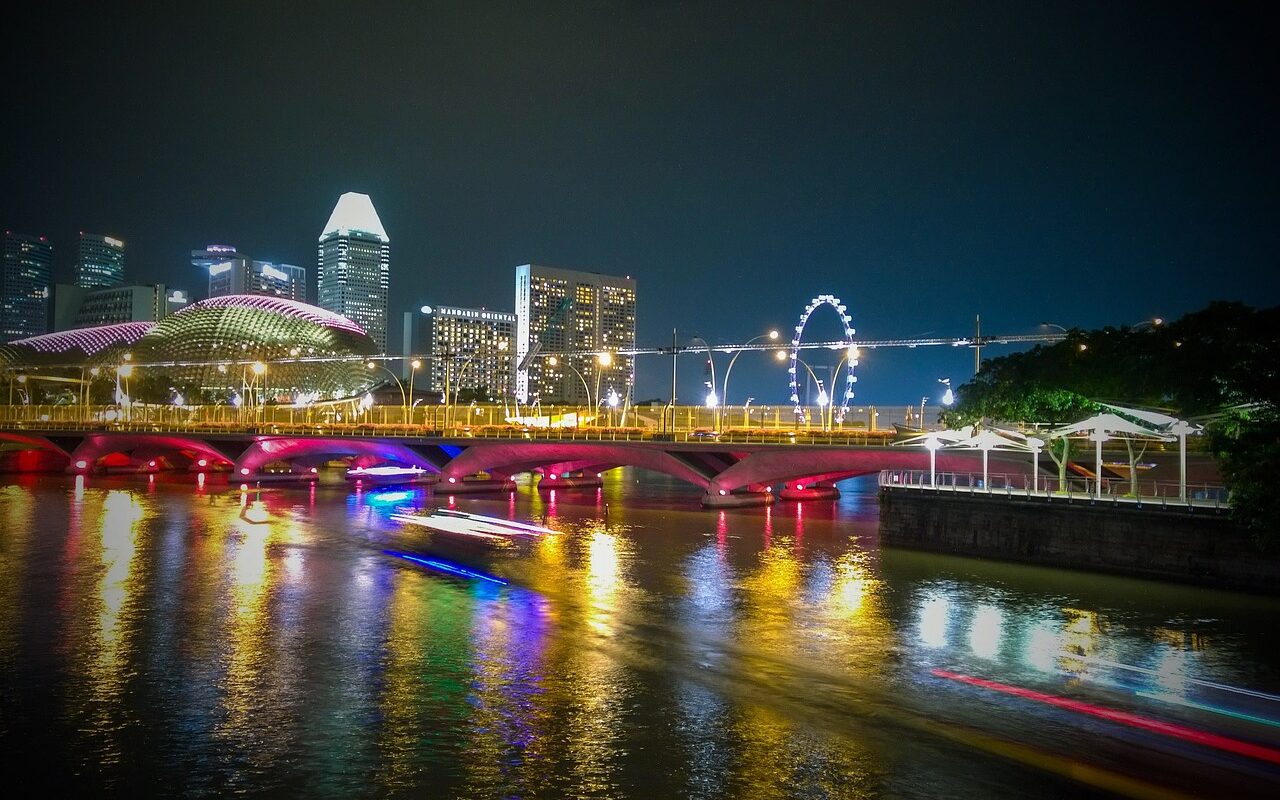Buddhist funeral rites hold deep cultural and spiritual significance, especially in a multicultural society like Singapore. These rites provide comfort, guidance, and a sense of continuity for the bereaved while honoring the deceased’s journey to the next life. Understanding these rituals can foster greater appreciation and respect for the traditions that shape the lives of many Singaporeans.
The Essence of Buddhist Funeral Rites
Buddhist funeral rites are deeply rooted in the teachings of compassion, respect, and the transient nature of life. They aim to guide the deceased’s spirit towards a favorable rebirth while offering solace to the grieving family. In Singapore, where Buddhism is a prominent religion, these rites are carefully observed, reflecting the rich cultural tapestry of the community.
Rituals and Practices
The process typically begins with a wake, where family and friends gather to pay their respects. The body is placed in a casket surrounded by offerings of fruits, flowers, and incense. Monks are often invited to chant sutras, which are believed to help the deceased’s soul move peacefully towards its next incarnation. These chants, known as “Mataka-bana,” are integral as they invoke blessings and merit for the departed.
Another important aspect is the offering of food to the monks, known as “Dana.” This act of generosity is believed to transfer merit to the deceased, aiding their journey through the cycle of samsara (rebirth). It also reflects the Buddhist virtue of giving and selflessness, which brings comfort and peace to the grieving family.
The Funeral Procession
The funeral procession in Buddhist traditions is a solemn and respectful event. In Singapore, it usually includes the family members and close friends walking behind the hearse. This procession often stops at significant places such as the home of the deceased or a temple, allowing final respects to be paid.
Upon reaching the crematorium or burial site, further rituals are conducted. These include the final chanting of sutras and the offering of more prayers and incense. The cremation or burial itself is handled with great care and respect, symbolizing the physical body’s return to the elements.
Mourning and Memorial Services
Mourning in Buddhist tradition varies but often includes a period of reflection and remembrance. In Singapore, it is common for families to observe a 49-day mourning period. This timeframe is significant as it corresponds with the belief that the soul undergoes several stages of transformation before rebirth. During this period, additional prayers and rituals are performed on certain days, such as the 7th, 21st, and 49th days, to support the deceased’s transition.
Memorial services, or “Nirvana Memorials” like Buddhistpreplan are also held annually. These services are opportunities for the family to honor their loved one’s memory, offering food, incense, and chanting prayers. This not only keeps the memory of the deceased alive but also reinforces the community bonds among those who share the same faith.
Cultural Integration and Community Support
In Singapore, Buddhist funeral rites are a testament to the city-state’s cultural integration. Funeral homes and service providers offer specialized services that cater to Buddhist customs, ensuring that traditions are respected and preserved. These services include everything from organizing the wake to providing appropriate offerings and coordinating with monks for chanting sessions.
Community support plays a vital role during these times. Friends, neighbors, and extended family members often come together to assist with preparations, attend the wake, and offer condolences. This communal spirit of support reflects the core Buddhist values of compassion and interconnectedness, providing emotional and practical help to the grieving family.
Conclusion
The significance of Buddhist funeral rites in Singapore lies not only in their spiritual aspects but also in their ability to bring comfort and continuity to the living. These rites honor the deceased with dignity and respect, while also supporting the bereaved through the grieving process. By understanding and appreciating these traditions, we can foster a deeper respect for the cultural and spiritual practices that shape the diverse fabric of Singaporean society. Buddhist funeral rites remind us of the impermanence of life and the enduring bonds of love and community that transcend even death.
